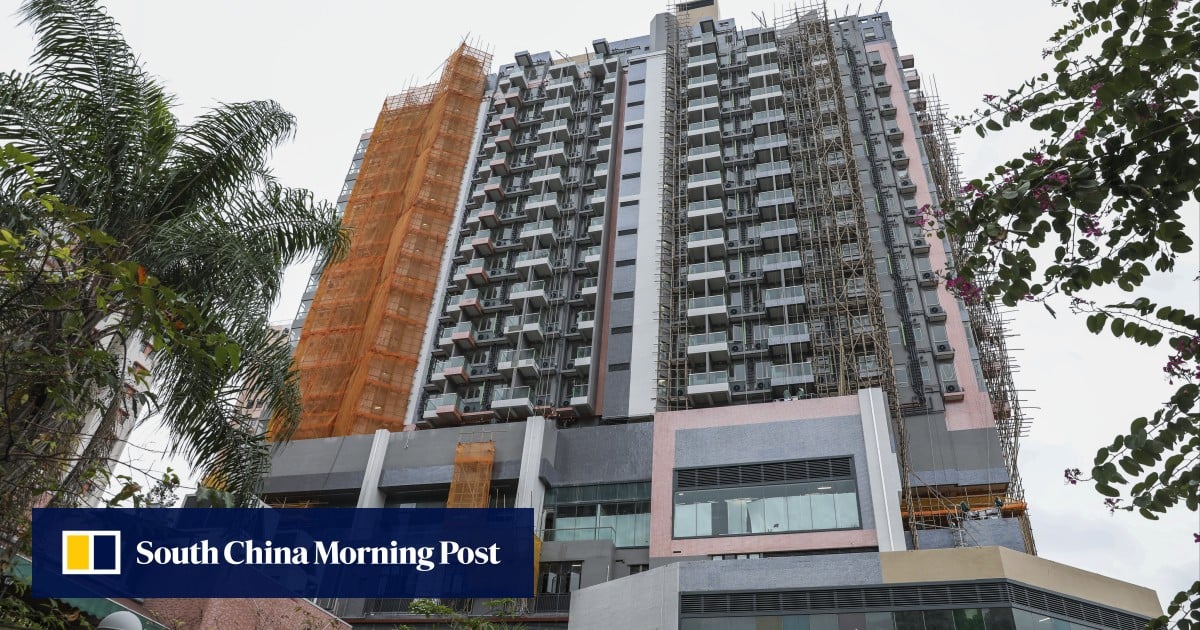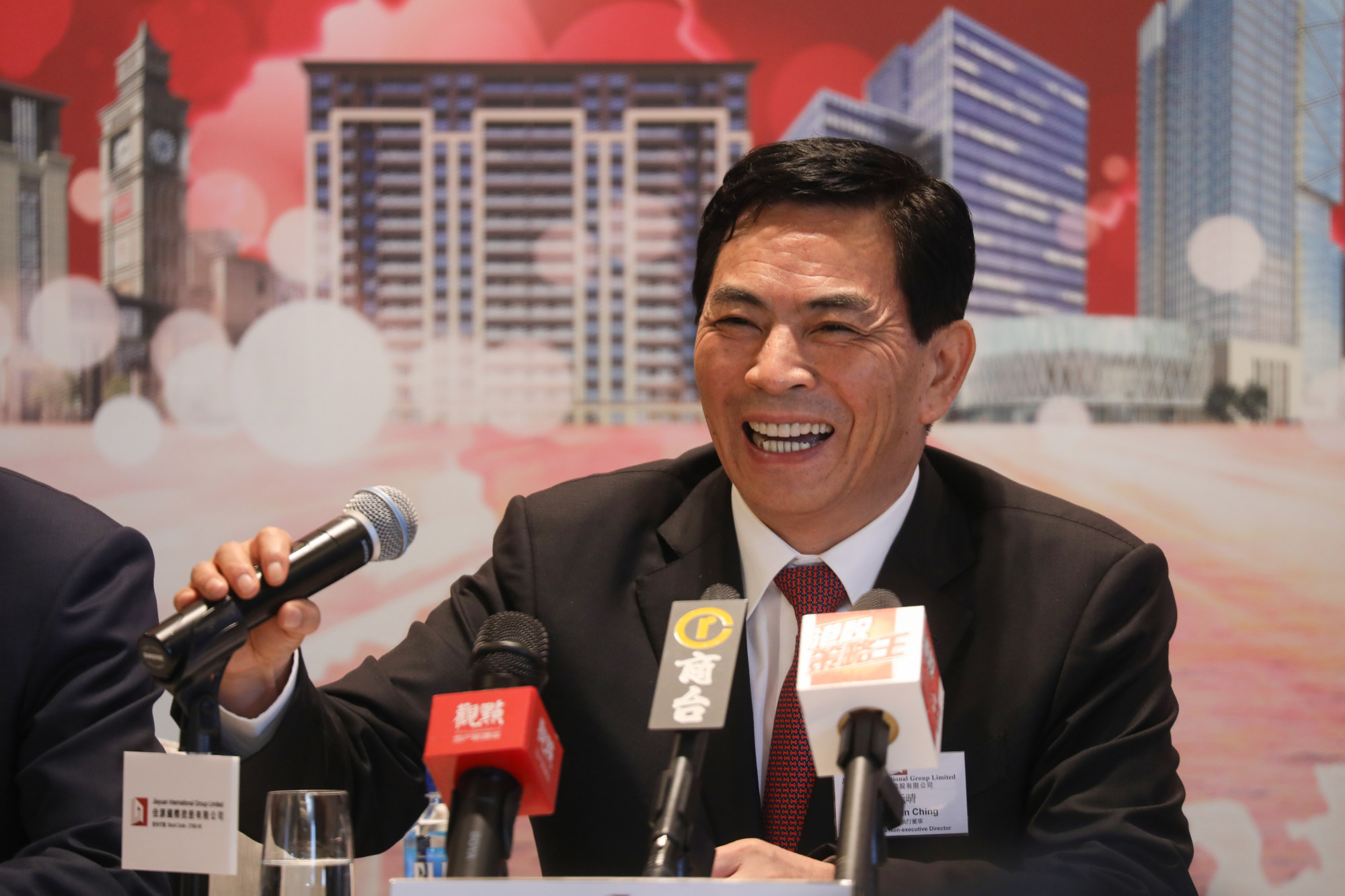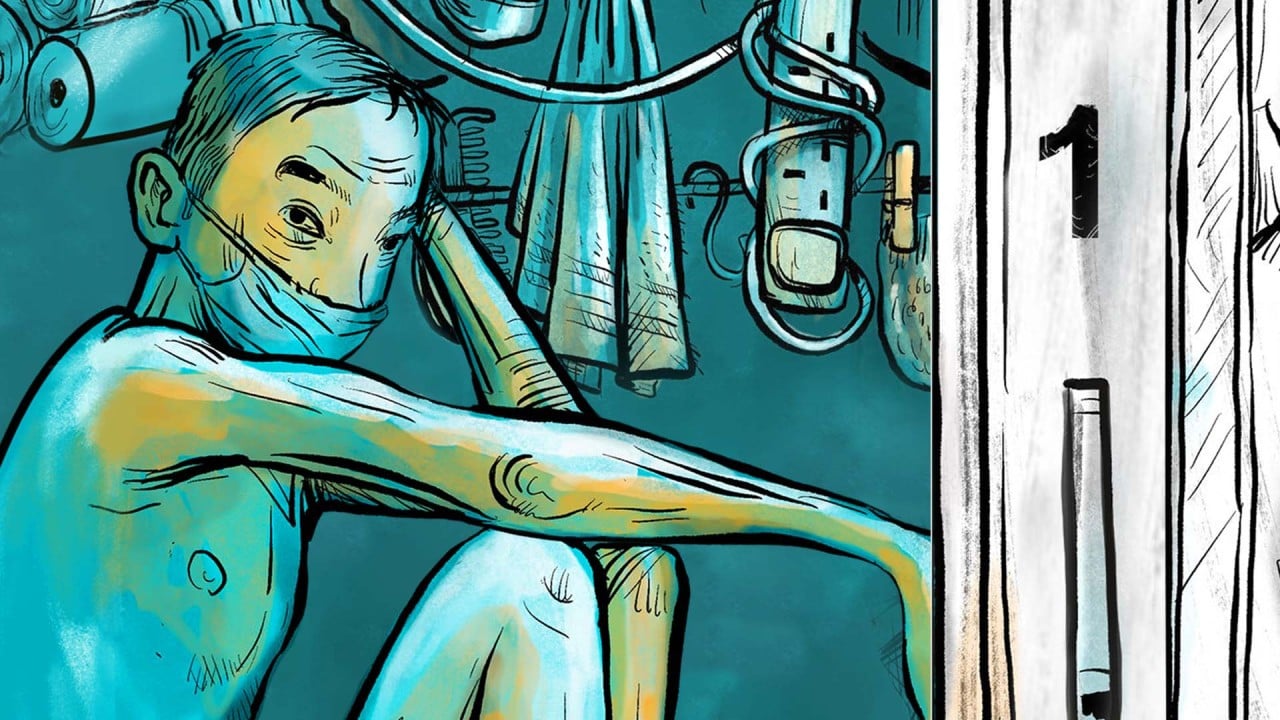
11 Jan Developer of Hong Kong micro flats Jiayuan gets closer to liquidation after buyers shunned parking-space-sized homes
Jiayuan International Group, the developer of Hong Kong flats so small they inspired the coining of the term “micro flats”, is inching closer to its corporate demise after record interest rates weighed on its debts following poor sales of its minuscule apartments.
The Nanjing-based developer lost a winding-up case over a HK$14.5 million (US$1.85 million) debt in Hong Kong last May. It said in a filing on Thursday that the Hong Kong High Court appointed Derek Lai Kar-yan, Ivan Chan Man-hoi and Cato Hau Kai-ling of the firm Deloitte Touche Tohmatsu as its liquidators, taking over from a provisional liquidator appointed at the time of the decision.
Jiayuan, founded by Shum Tin-ching, made a splash in 2019 with the launch of an apartment tower called T Plus in Tuen Mun. Some of the flats measured 131 sq ft – smaller than a standard Hong Kong car-parking space – and were priced at HK$2.85 million. At the time, the micro apartments were among the cheapest newly built homes available in Hong Kong, which has been the world’s least affordable urban centre since 2011, according to US-based think tank Demographia.

In the first half of 2022, Jiayuan’s net profit fell 75 per cent to 536 million yuan (US$74.6 million) compared with the same period in 2021, according to its latest financial report. Sales fell 59 per cent to 19.13 billion yuan.
At the time, the group had a land bank of 16.6 million square metres in the Yangtze River Delta Area, the Guangdong-Hong Kong-Macau bay area and in Shandong Province.
In August 2022, the company sought to restructure US$1.17 billion in debts, or 90 per cent of the outstanding principal amount of its maturing US$1.3 billion in debts at the time, according to the financial statement.

